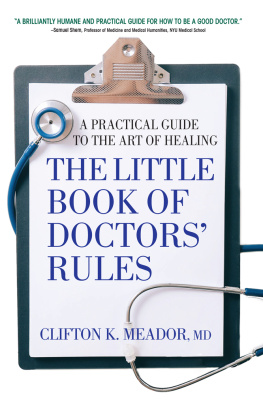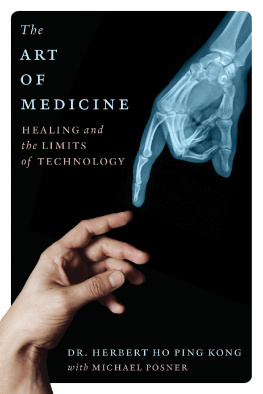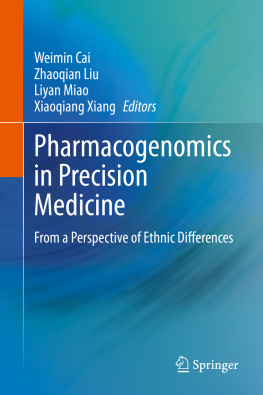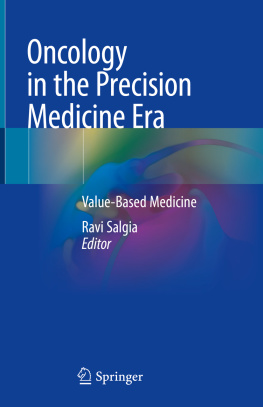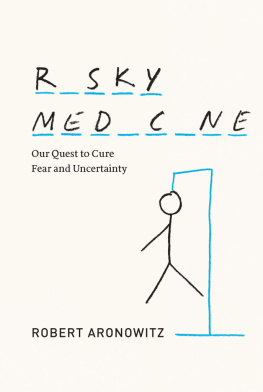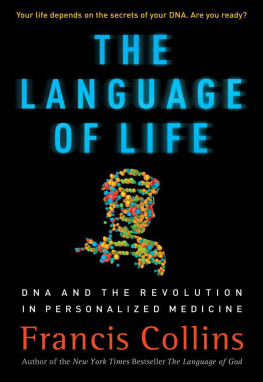Copyright 2015 by Pieter Cullis
All rights reserved. No part of this book may be reproduced, stored in a retrieval system or transmitted, in any form or by any means, without the prior written consent of the publisher or a license from The Canadian Copyright Licensing Agency (Access Copyright). For a copyright license, visit www.accesscopyright.ca or call toll free to 1-800-893-5777.
Greystone Books Ltd.
www.greystonebooks.com
Cataloguing data available from Library and Archives Canada
ISBN 978-1-77164-038-1 (pbk)
ISBN 978-1-77164-039-8 (epub)
Developmental editing by Iva Cheung
Editing by Catherine Plear
Cover and text design by Ingrid Paulson
Distributed in the U.S. by Publishers Group West
We gratefully acknowledge the financial support of the Canada Council for the Arts, the British Columbia Arts Council, the Province of British Columbia through the Book Publishing Tax Credit, and the Government of Canada through the Canada Book Fund for our publishing activities.
WHY PERSONALIZED MEDICINE?
EARLY ONE MORNING Jonathan, twelve years old, wakes up and finds that his stomach hurts hurts badly. But he has no temperature and is not nauseous; hes just in a lot of pain. His mother, Marianne, is not alarmed at first, only irritated that she cant go to work. She lets Jonathan stay home from school, assuming that all will be well come evening. But the pain persists. By evening, she thinks perhaps seeing the doctor is a good idea; by early morning, after a night of sitting by Jonathans bed, listening to him moan, going to emergency has become a necessity. After an interminable wait in the emergency room, Jonathan is finally examined by a doctor. The doctor gently prods and probes Jonathans abdomen and then starts to look worried. He orders a CT scan. Marianne, who is now very apprehensive, asks, Whats wrong? The doctor is noncommittal: Lets wait for the scan.
But bad news follows. There is a mass in Jonathans stomach, the size of a golf ball. At this point, Marianne is having trouble holding herself together, and she calls her husband, Bill, who immediately races to the hospital. He feels sick at heart the dreaded cancer word has not been spoken yet, but it is in the air.
The news gets worse. Jonathan is admitted to hospital, a biopsy is performed, cancer is diagnosed, and surgery followed by chemotherapy is advised. Jonathans life is at stake. The surgery is as successful as it can be, but it is very rare that a surgeon can remove all of this type of cancer. Hence the chemotherapy, to try to kill any remaining cancer cells.
Jonathan reacts well to the first dose of chemotherapy. He feels tired but does not get sick. Bill and Marianne allow themselves to dream: maybe Jonathan will get through this, and life will become a little more normal again. But following the second dose, Jonathan becomes short of breath after walking only a few steps. Back to the emergency: this time, the doctor calls a cardiologist, who tests Jonathans heart using an echocardiograph. The cardiologist returns, grim faced. Your son has heart failure, he informs Marianne and Bill. It turns out that Jonathan is highly sensitive to one of the drugs in the chemotherapy used to treat him. The drug, doxorubicin, causes heart problems in some patients, but the doctors have no way of knowing which patients are going to be affected.
In the space of a month, Jonathan has been transformed from a normal twelve-year-old to an invalid undergoing cancer treatment who also needs a heart transplant. How did this happen? The presence of a tumor the size of a golf ball indicated a cancer that had been growing for at least three years. Why couldnt it have been detected long before, when it would have been much easier to treat?
And why was Jonathan treated with a drug that caused his heart to fail?
These adverse drug reactions are common: every year more than 2 million North Americans are hospitalized because of adverse reactions to prescription drugs. can usually be traced back to differences in genetic makeup. Medicines that work for most people may not work for you. They may, indeed, harm you. So we need two things: first, we need ways of predicting and detecting disease well before it becomes life threatening; and second, we need medicines that work for you and your unique body.
Medicine has been trying to do these two things for millennia. While enormous progress has been made, it is still not good enough. And so it is that we are nearing the biggest revolution of our time perhaps of all time.
This revolution has many names and guises. It is sometimes called personalized medicine, sometimes precision medicine, sometimes stratified medicine. It is a cousin of evidence-based medicine, a relatively new concept in medical practice. (Whoever came up with that name was clearly trying to make a point.) Whatever the name, what we will call personalized medicine medicine based on the unique molecular makeup of our individual selves and a molecular-level understanding of whatever disorder we may have is on our doorsteps. It promises to satisfy our need to know what is wrong with us and provide ways to treat our ailments that our species has been seeking since the beginning of recorded time. It will also mean that once and for all, we will leave behind the natural evolutionary forces that our ancestors endured and embark on a self-directed future.
We tend to view medical progress as some sort of continuum, along which we develop better drugs to fight whatever diseases are prevalent, better machines to image our insides and detect problems, better devices to use when joints wear out or eyes fail, better ways to treat pain or depression or loneliness; and we might be inclined to believe that the future holds more of the same. But it is not going to happen that way. Public-health initiatives leading to adequate diet and clean water have had a huge impact, and these, combined with other population-wide advances such as vaccination, sterile procedures during childbirth and surgery, and antibiotics to treat bacterial diseases mean that the average life span today is about eighty years or more. But population-based approaches to maintain human health and life have begun to fail.
The most obvious way current medicine has begun to fail is in the development of drugs. When Paul Ehrlich discovered arsphenamine, a drug to treat syphilis, in 1909 and introduced the concept of the magic bullet to cure our illnesses, and when Alexander Fleming followed up with the discovery of penicillin in 1928 to cure a wide spectrum of infectious diseases, we became seduced by the notion that other compounds could be found that would have similar magical effects on other diseases, ranging from cancer to the common cold. An enormous industry, the pharmaceutical industry, has sprung up as a result, and there are now more than a thousand commonly prescribed drugs to treat almost every disease you can name. The average family doctor in North America writes more than 20,000 prescriptions for these drugs every year. This practice has led to alarming levels of medication, with approximately 20 percent of North Americans over the age of sixty-five taking ten or more drugs every day. More than 50 percent of Americans take at least one prescription drug each day. so the dangers associated with taking prescription drugs are likely much higher.
In addition to the potential for causing a bad reaction, many of these drugs simply do not work for the individual who takes them. The numbers are appalling. Approximately 75 percent of drugs for cancer treatment do not help the patient they are prescribed for. More than 70 percent of the drugs for Alzheimers do not work on the patient they are prescribed for. Nearly 60 percent of drugs for incontinence are of little use to the patient they are prescribed for. Fifty percent of drugs for osteoporosis do not lead to stronger bones in the patient they are prescribed for. Rheumatoid arthritis, migraine, cardiac arrhythmia, asthma more than 40 percent of the drugs used to treat these conditions do not work on the patient they are prescribed for. In general, less than 50 percent of prescribed drugs actually help the patient they are prescribed for.
Next page

